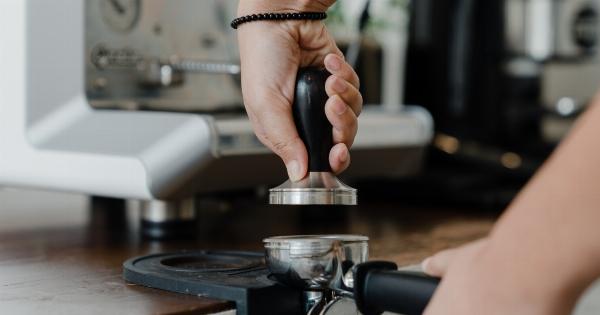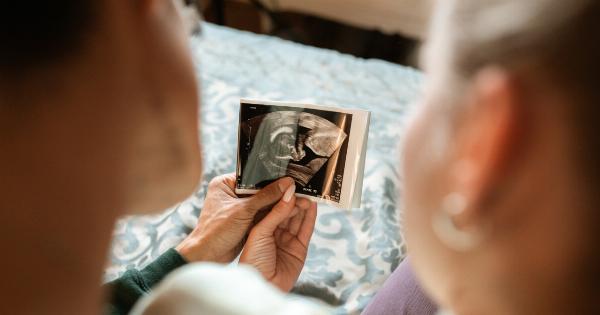Pregnancy is a beautiful and life-changing experience. However, it also comes with its own set of challenges. One of the most common questions pregnant women ask is about their coffee intake. How much coffee can you drink while pregnant?.
What the Experts Say
The American College of Obstetricians and Gynecologists (ACOG) recommends that pregnant women limit their caffeine intake to 200 milligrams per day. This is roughly the amount in one 12-ounce cup of coffee.
Other health organizations, such as the World Health Organization (WHO) and the March of Dimes, have similar recommendations.
Why the Limit?
Caffeine is a stimulant that can cross the placenta and affect the developing fetus. High levels of caffeine consumption during pregnancy have been linked to a higher risk of miscarriage, low birth weight, and preterm birth.
However, research on the topic is mixed, and some studies have found no significant impact on pregnancy outcomes.
Caffeine Content in Different Beverages
It’s not just coffee that contains caffeine. Here are some common beverages and their caffeine content:.
- 12-ounce coffee – 95 milligrams
- 12-ounce black tea – 47 milligrams
- 12-ounce green tea – 29 milligrams
- 12-ounce soda – 35-45 milligrams
- 1 ounce espresso – 64 milligrams
Other Sources of Caffeine
Caffeine is not just found in beverages. It can also be present in foods and medications. Here are some examples:.
- Chocolate – varies depending on the type, but generally contains a small amount of caffeine
- Certain medications – some pain relievers, such as Excedrin, contain caffeine
- Energy drinks – can contain high levels of caffeine, sometimes up to 500 milligrams per drink
Tips for Reducing Caffeine Intake
If you’re a coffee lover, reducing your caffeine intake can be difficult. Here are some tips to help:.
- Switch to decaf coffee or tea
- Choose herbal tea or water instead of soda
- Avoid energy drinks
- Read labels carefully on medications and avoid those that contain caffeine
The Bottom Line
Pregnant women should limit their caffeine intake to 200 milligrams per day. However, the impact of caffeine on pregnancy outcomes is still debated, and some women may be able to tolerate higher levels of caffeine.
As always, consult with your healthcare provider for personalized advice.




























